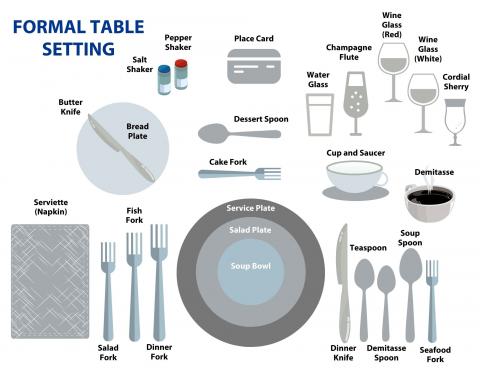Networking is a vital aspect of any successful job search, allowing you to seek career information and advice from your connections. By investing time and effort into building a solid network, you can uncover valuable opportunities and information, with about 80% of job opportunities found through word-of-mouth!
Start Building Your Network
- Create a LinkedIn profile and join UNH Alumni Association groups
- Schedule meetings with faculty, friends, and family to find out who is in their network
- Go to career fairs where you can get information and network with employers
- Find your professional mentors - connect with people interested in helping you succeed at UNH and beyond
- Get involved in professional, social, or community activities on and off campus
- Create a list of your dream employers (top 5-10) and use LinkedIn to explore who works there (UNH alumni, especially, are valuable connections to make!)
- Always send a thank-you email following an interview and follow up after making a new connection
Networking Etiquette
- First impressions are very important
- Approach any potential contacts with courtesy and tact – most contacts will be pleased and flattered to hear from you as long as you're polite and considerate
- Respect their boundaries – don't badger your network connections and adhere to any agreed upon contact preferences
- Be honest in all of your interactions and be considerate of their time
- Remember that the person you are speaking with may not have knowledge of potential job openings at their company, so be mindful of how you approach this subject
Quick Guide to Networking
Networking Event Basics
- Come prepared! Know who will be at the event, dress appropriately, and be on time
- Prepare some talking points prior to the event regarding your recent experiences and your career interests
Handshakes
Shaking Hands (as you feel comfortable)
- Use a firm, confident grip: not too hard, not limp either
- The handshake should last no more than 2-3 seconds
- Maintain friendly eye contact as you are able
How to Thoughtfully Avoid Shaking Hands (if that is your preference)
- When greeting someone, introduce yourself without extending your hand
- If an outstretched hand comes to you, you may still acknowledge it and be respectful by stating, “Thank you, it’s very nice to meet you.”
Conversations
- Create your “Elevator Pitch”: this is your 30-second commercial, so to speak, all about who you are! Include your name, major, year at UNH, and your current career goals
- Have questions prepared to ask, such as, "What advice would you have for someone entering your field of work?”
- Find commonalities and shared interests. Not every talking point needs to be career-related!
- When ready to leave a conversation, let the person know you were happy to talk to them and ask for their contact preference (email, phone, or LinkedIn message)
After a Networking Event
- Take quick notes - always a good idea to bring a notebook or padfolio with you so that you can jot down important info to remember
- Follow up with the contacts that you made and connect with them on LinkedIn
- It is best practice to send a short, thoughtful "Thanks for Connecting” email within 24 hours
Napkin
- Your napkin will be on your left, or on your plate when you approach your seat.
- Place your napkin on your lap when everyone is seated at the table.
- Place your napkin on your chair when you need to excuse yourself for a moment. Place the napkin on the right side of your plate at the end of your meal, when everyone is done.
Drinks
- It is recommended to not order alcohol during an interview. Some networking events may be acceptable to order, but limit yourself to one.
- Water, juice, and iced tea are safest choices.
